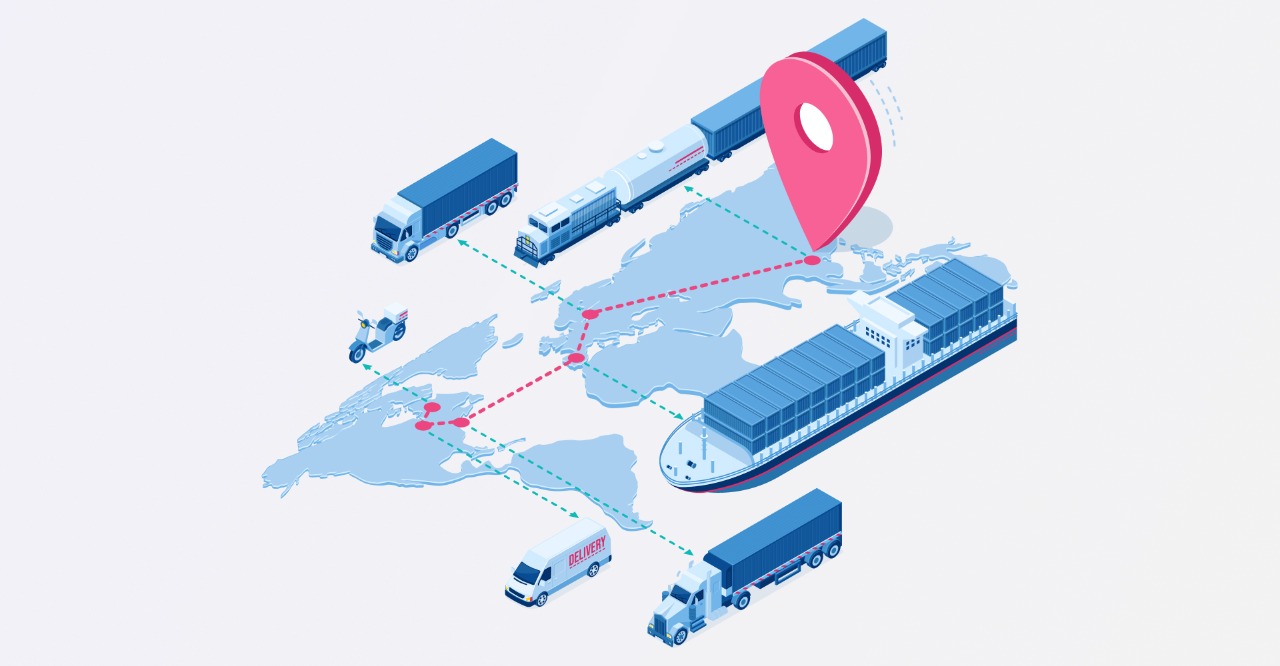As we are near the end of the year, many supply chain executives are focusing on the annual strategic planning process. It’s always better to be aware of the trends that will be impacting the supply chain management for the coming year. Let’s check out some of the trends which we can see in 2023
Inflation: In 2022, the consumer prices of the economy increased up to 9.1%. This was the highest increase in the last 40 years according to the U.S. Bureau of labor statistics. In Europe, the inflation is running at 10.7%, this is the highest inflation since the euro zone’s formation. This trend will follow us in 2023 as well. The inflation of the world will be at its highest and this will be the right time for supply chain executives to start contemplating stock-keeping units (SKU) in their warehouses. Usually, the sales department is not in favor of reducing the SKUs but since inflation is at its peak, reduced SKUs will give extra ammunition to such initiatives.
Pending recession: The obvious response of the central bank towards high inflation is to raise the interest rate and slow economic growth until inflation is back to acceptable levels. Usually the acceptable level is 3% or less. Most of the time, an increase in interest level leads to recession in the country. In recession, it is difficult to forecast dropping demand. So, if recession occurs, the economy has to be prepared for many layoffs and locking down safety inventory. Businesses have to use supply chain risk management solutions to monitor financial health of upstream vendors so that alternative sources of supply chain can be secured promptly if key vendors aren’t available.
Inability to trust China as a supplier: In the beginning of October, the Biden administration published technology export control. These controls will include a measure to cut China off from certain buying semiconductor chips made anywhere in the world with US tools. The efforts of the US to slow down Beijing’s technology and military advances. Every country that uses US technology will have to cut off support for China’s leading factories and chip designers. It will be hard to predict China’s reaction towards this but the trade barriers will increase immensely. This will affect the supply chain from china.
ESG Compliance: Currently, the government is investigating companies if they are operating sustainably and ethically or not. In January 2023, the Germany Supply Chain Due Diligence Act will come into effect, requiring businesses to monitor supply chains for human rights violations and ensure that partners are not causing environmental degradation across their entire supply chain. There has been many legislations whose goal was to make sure businesses comply with the environmental, social and governance performance by companies.
